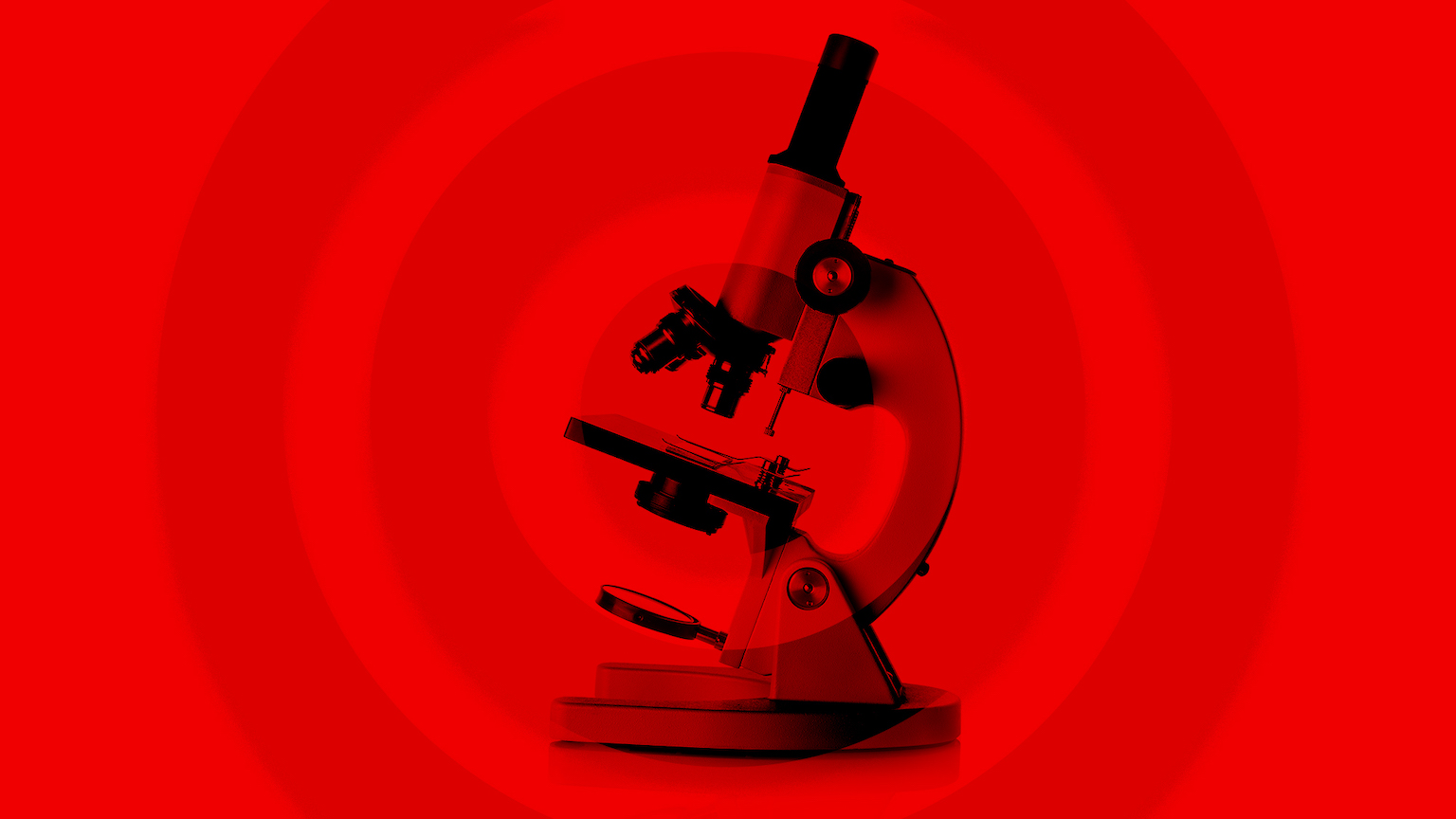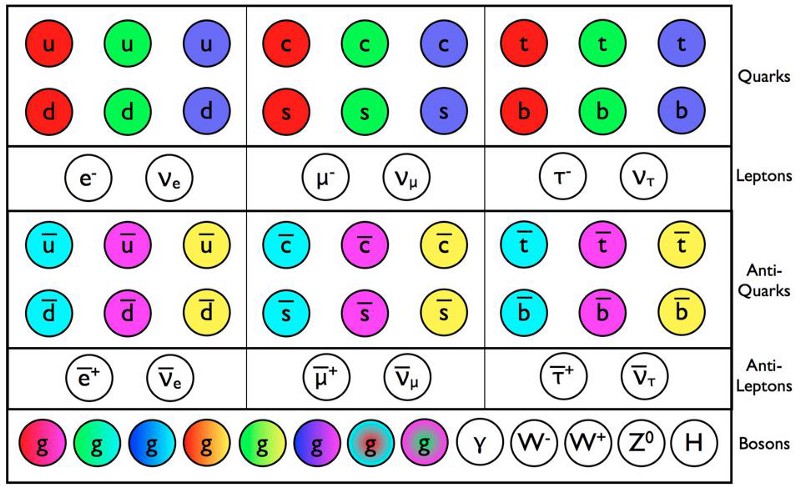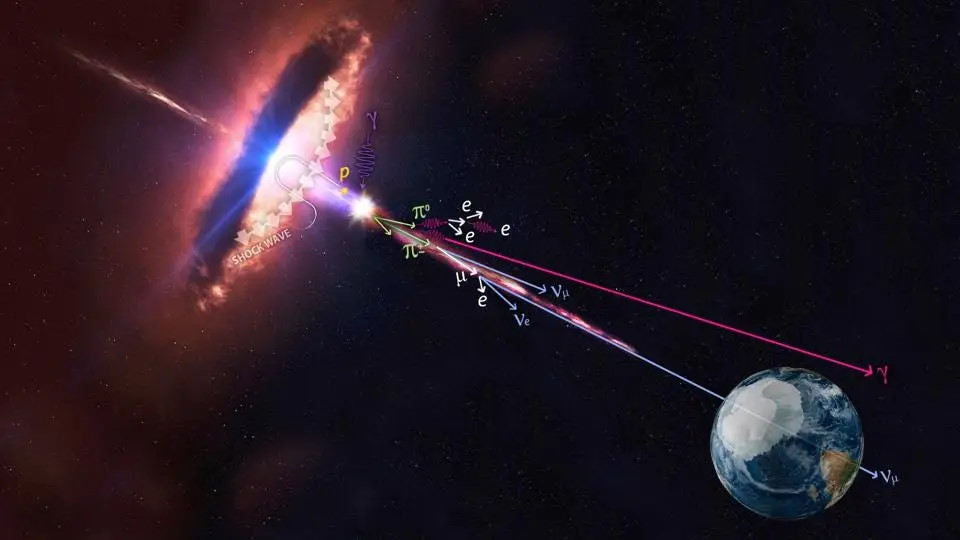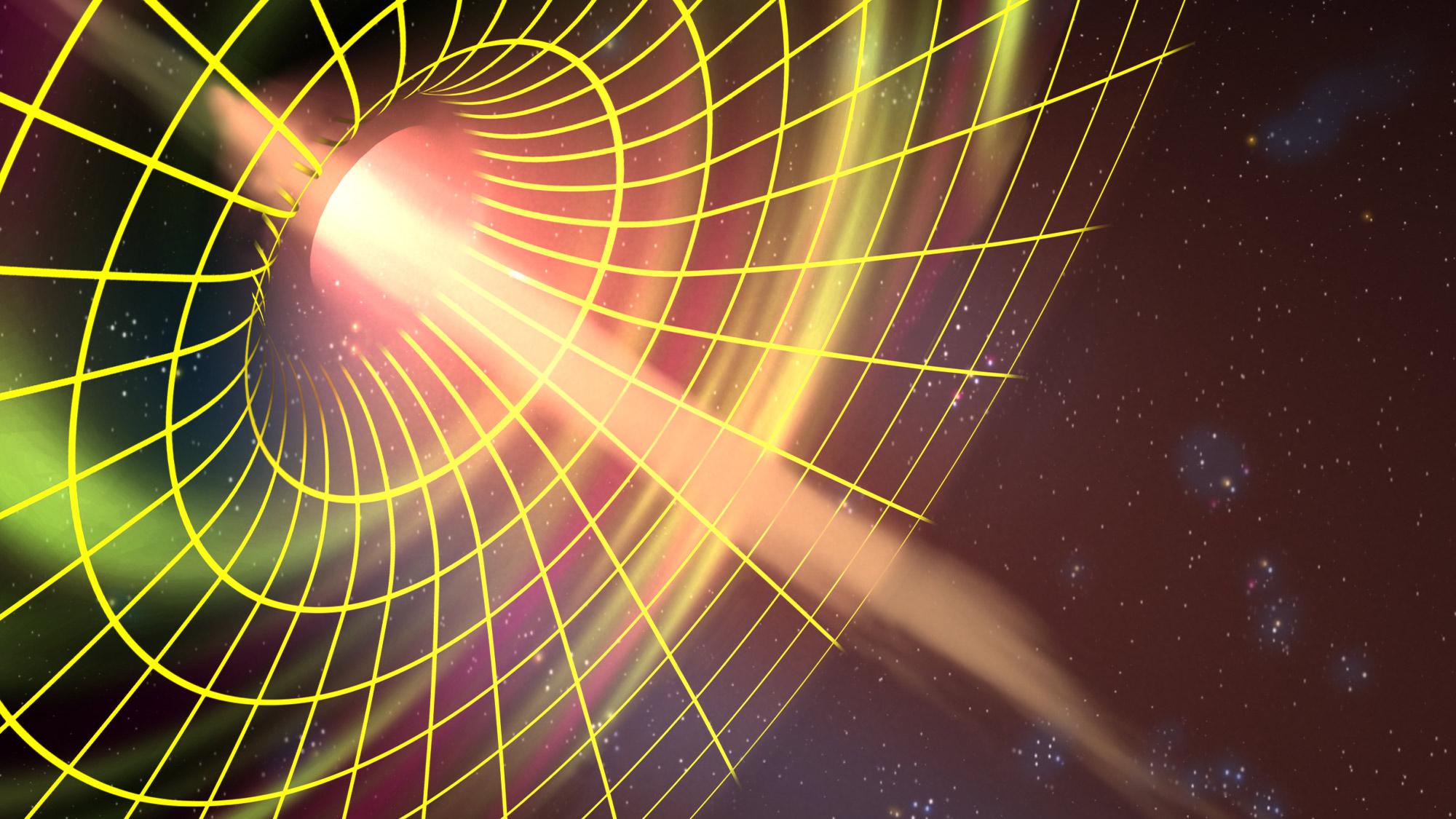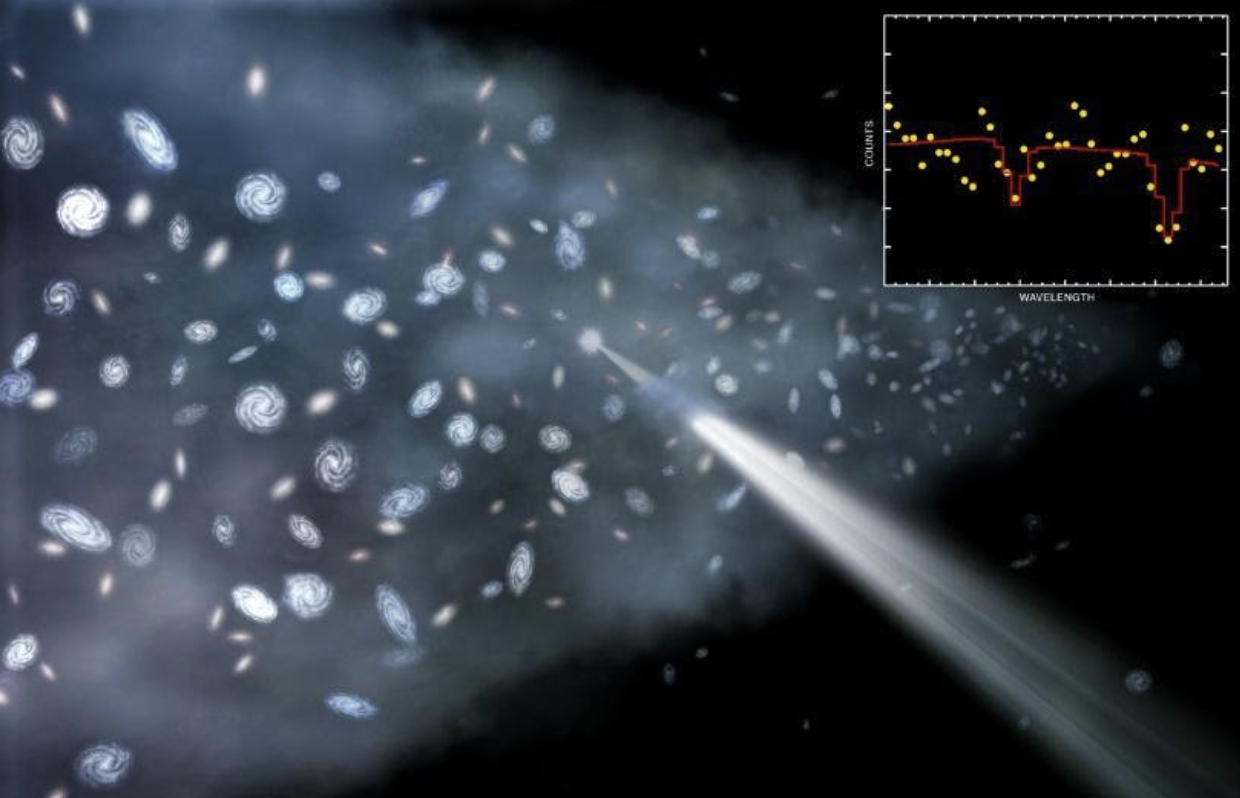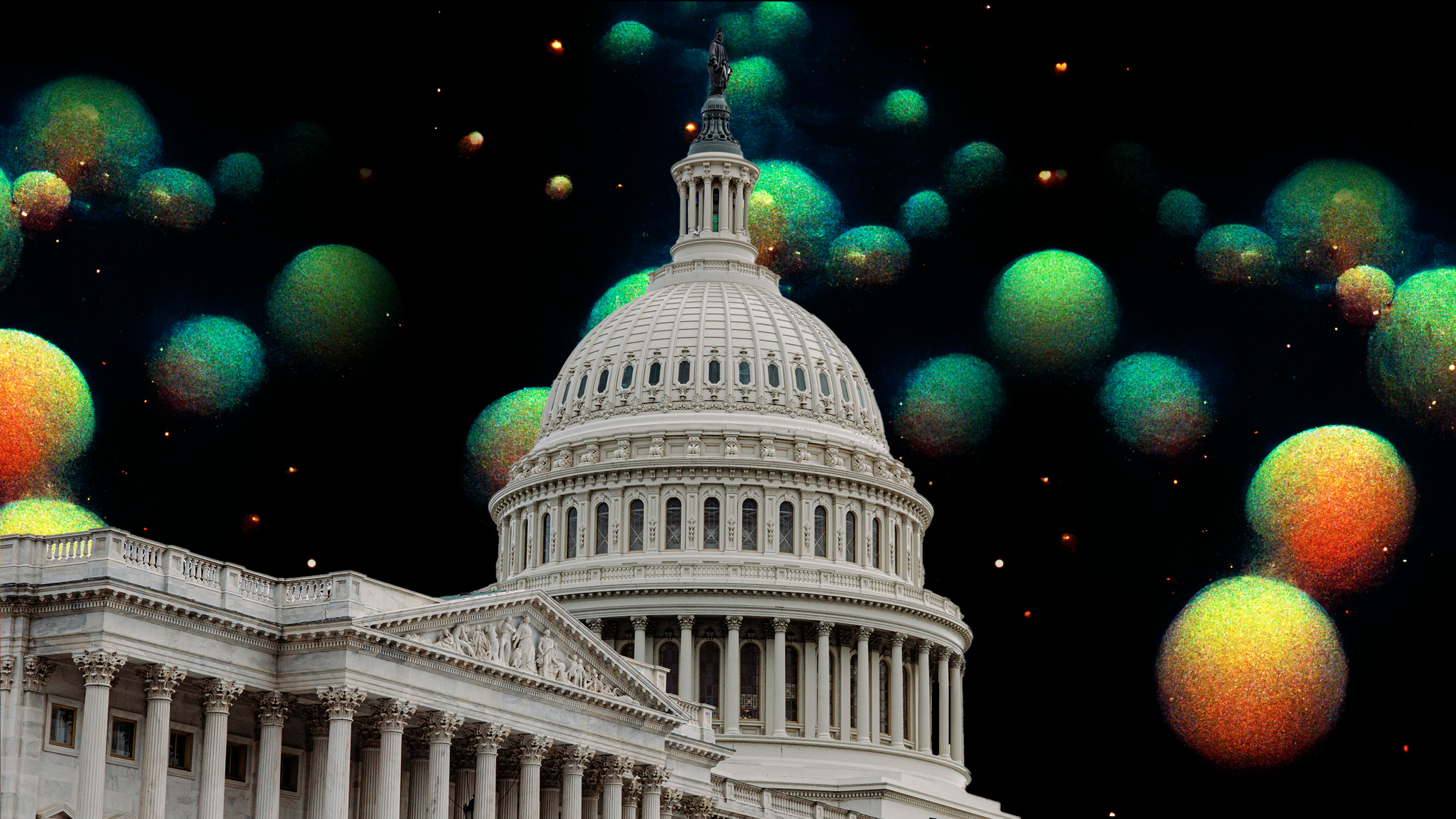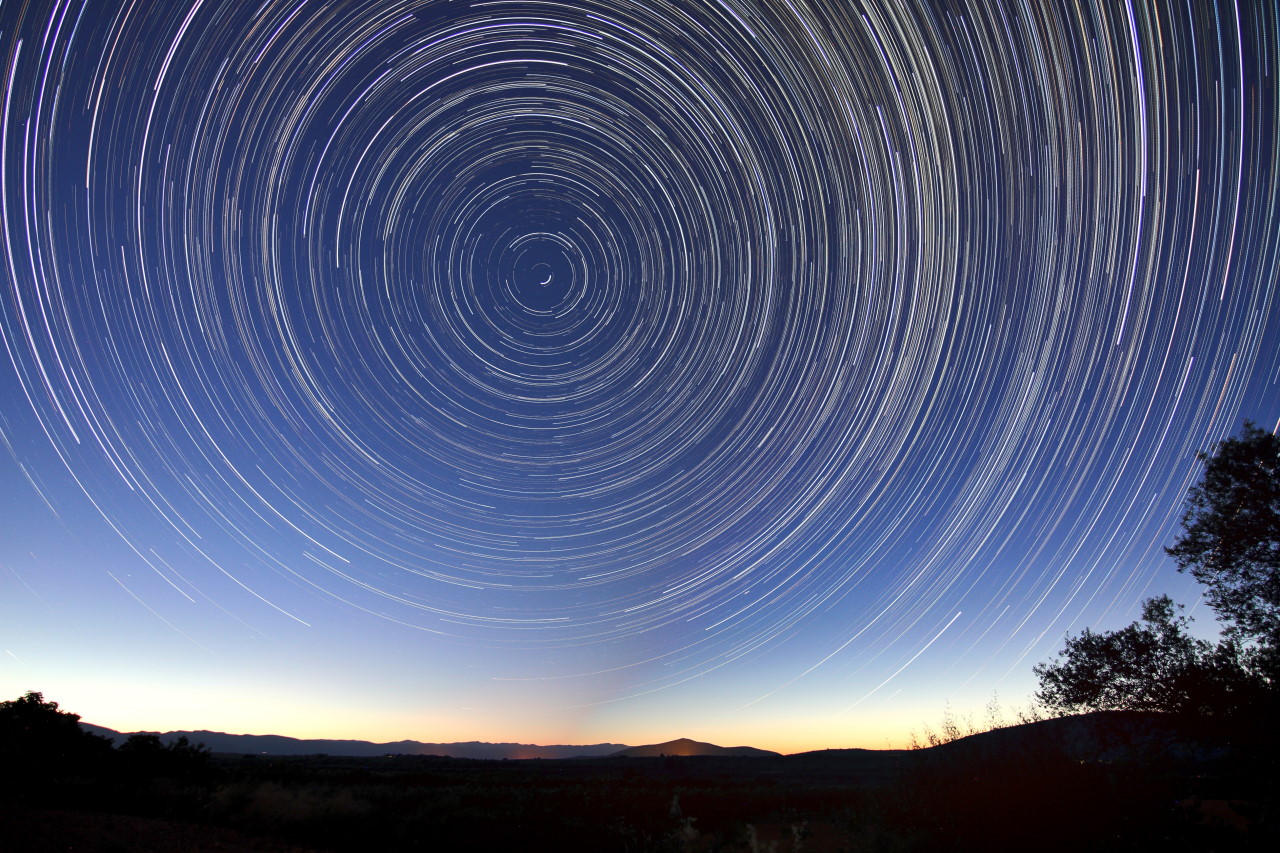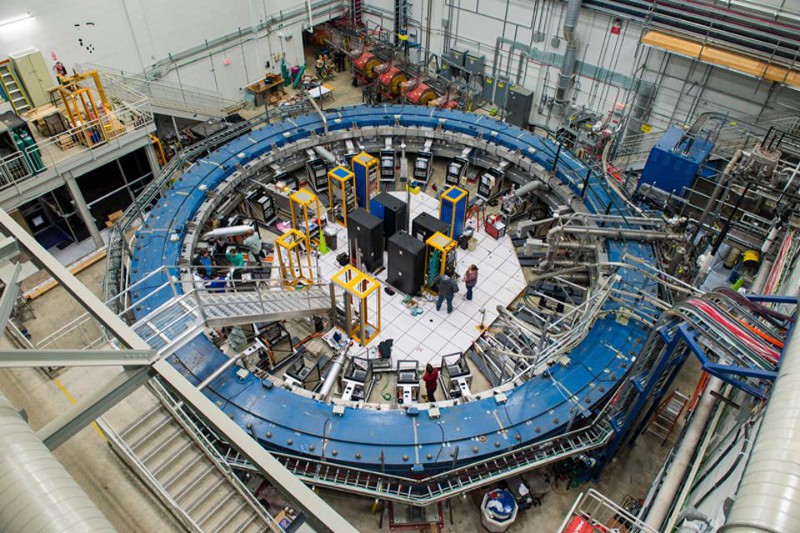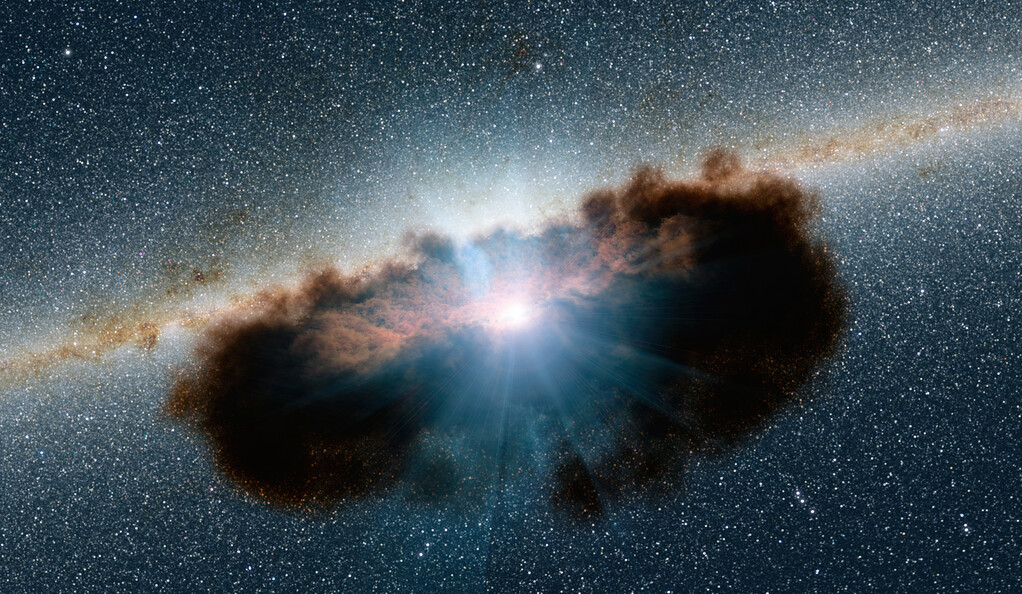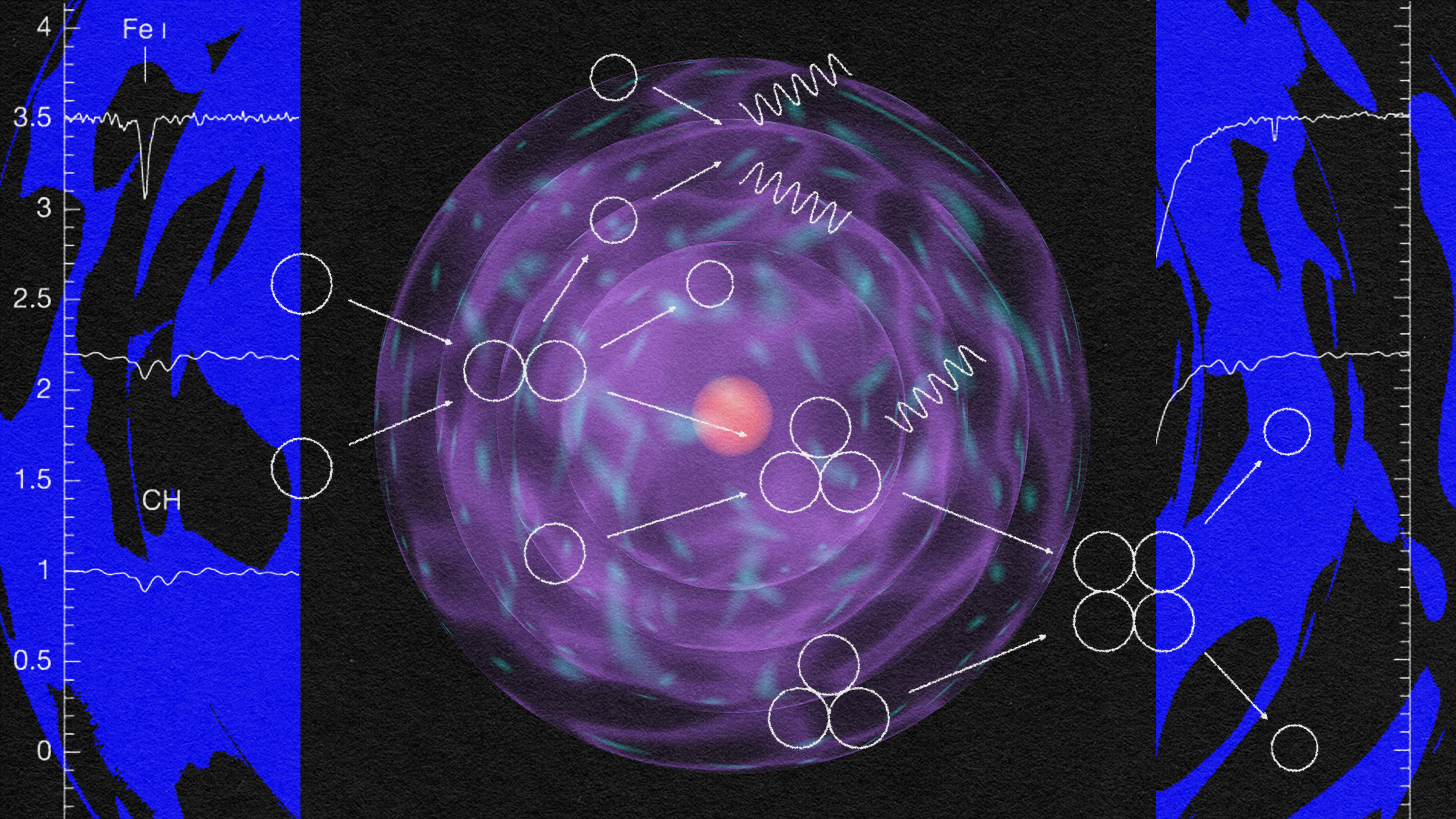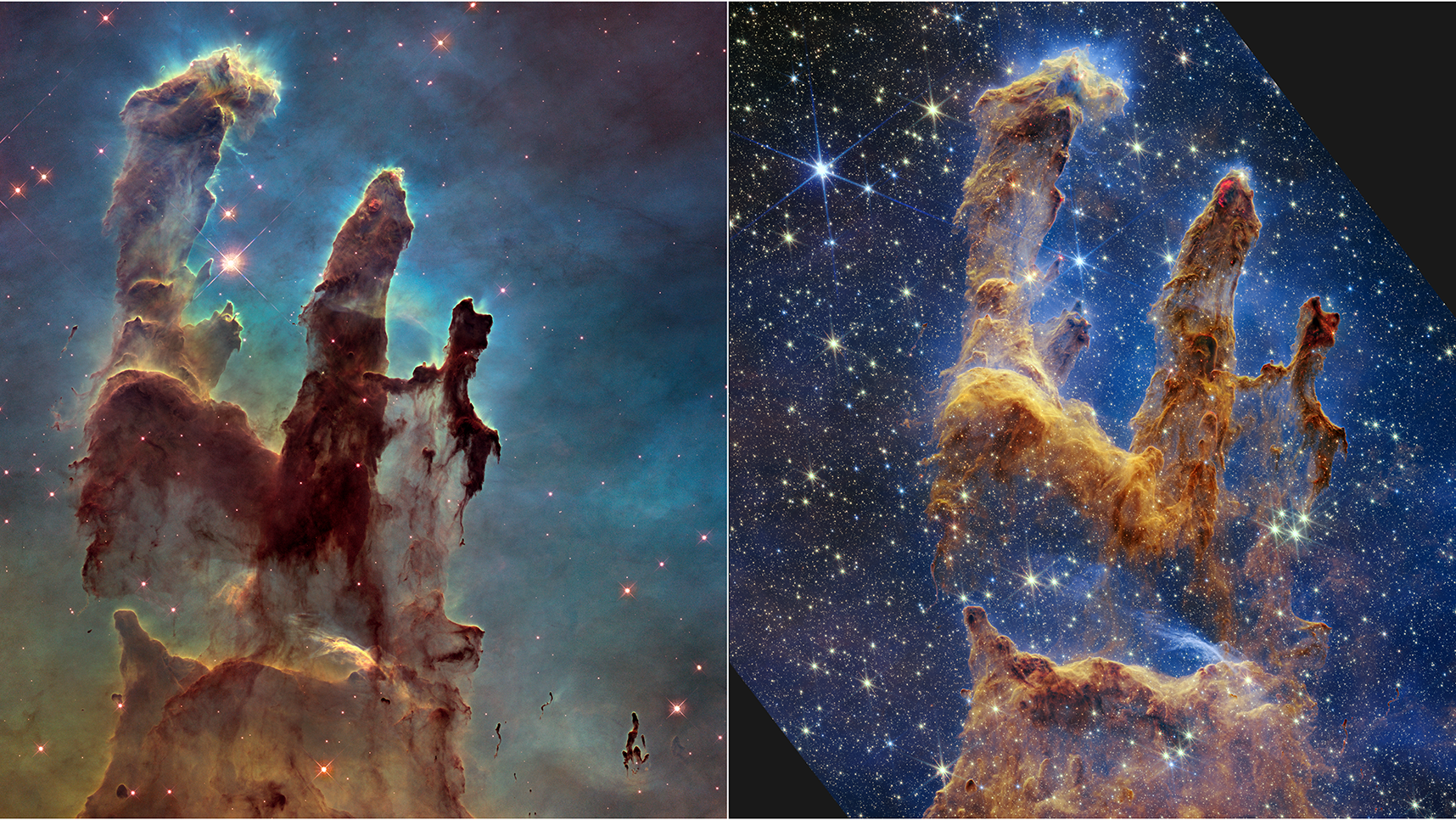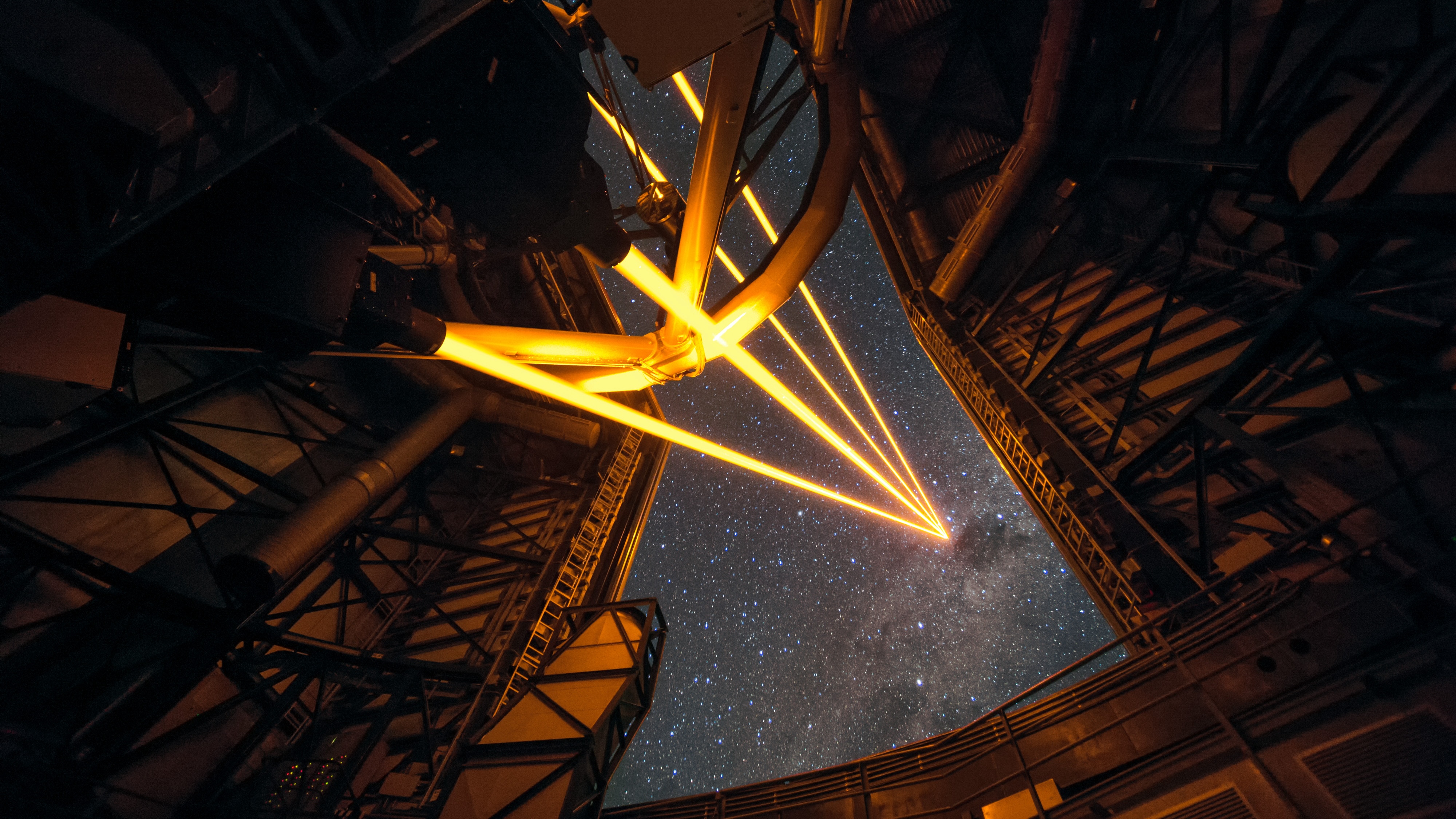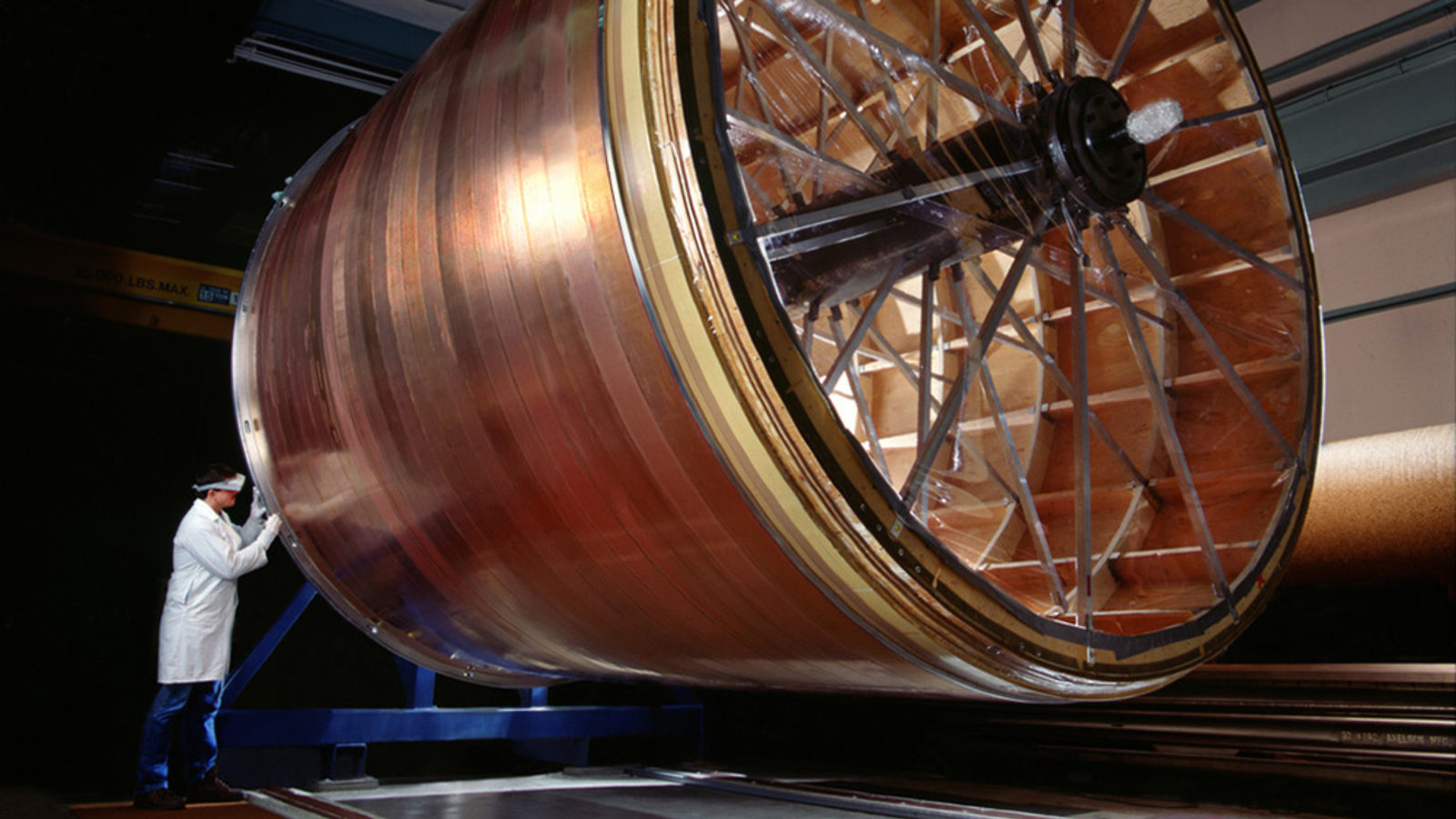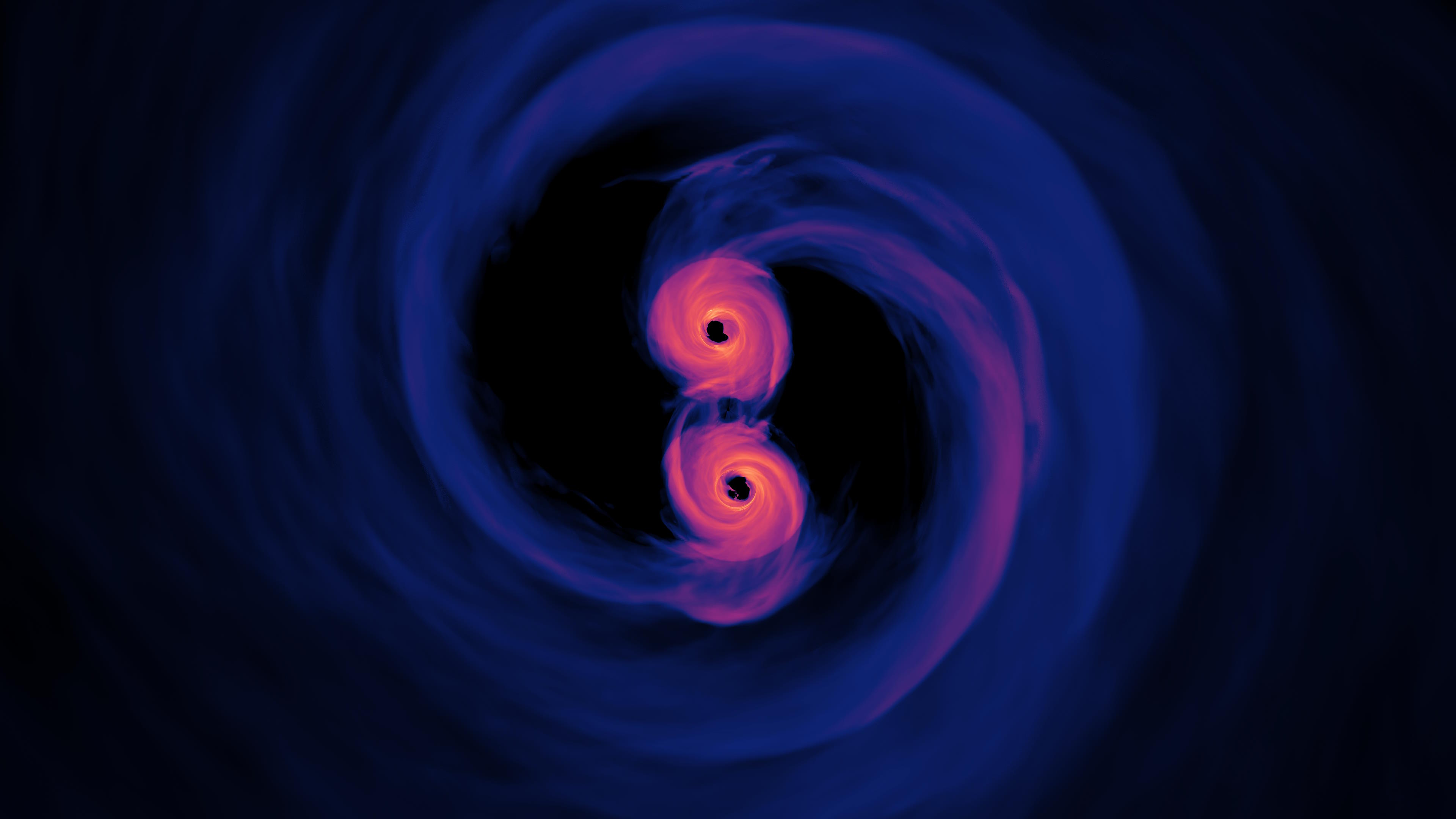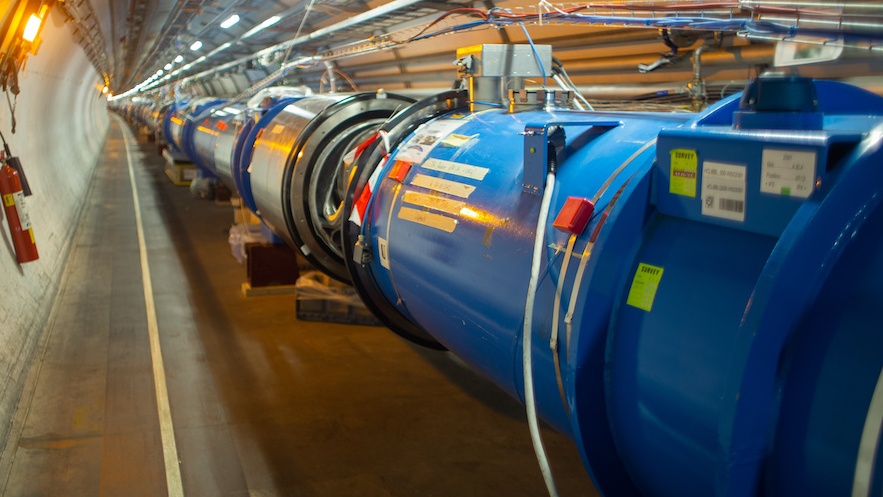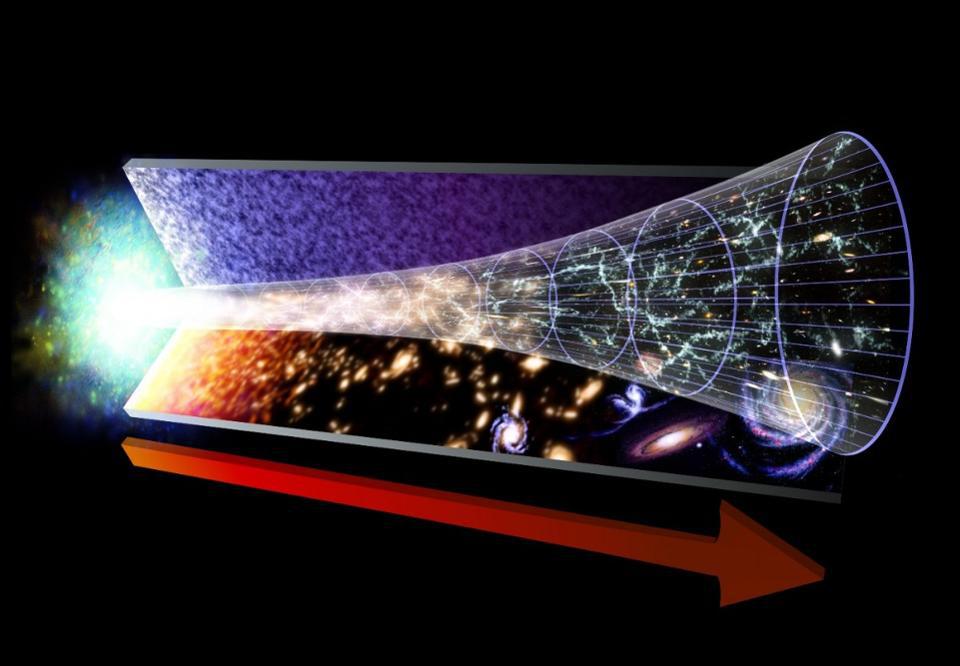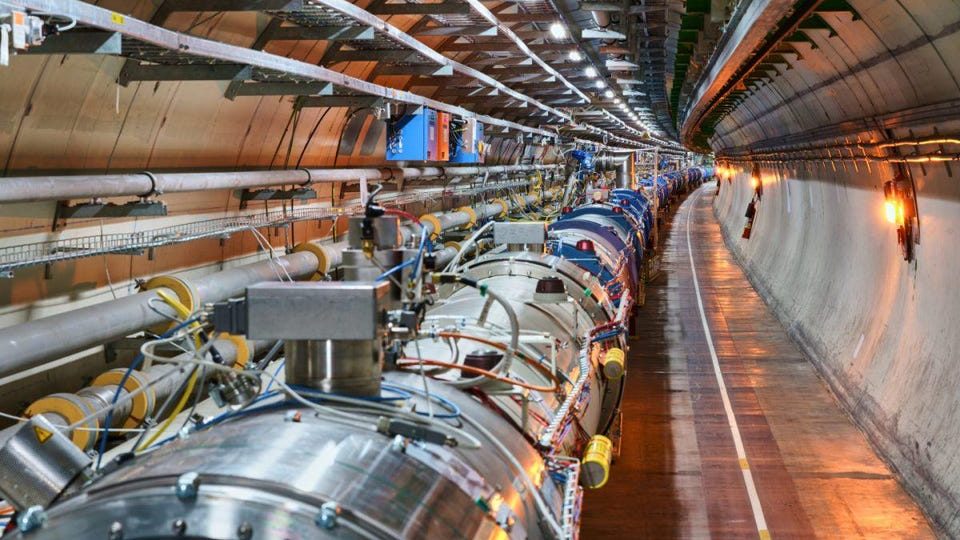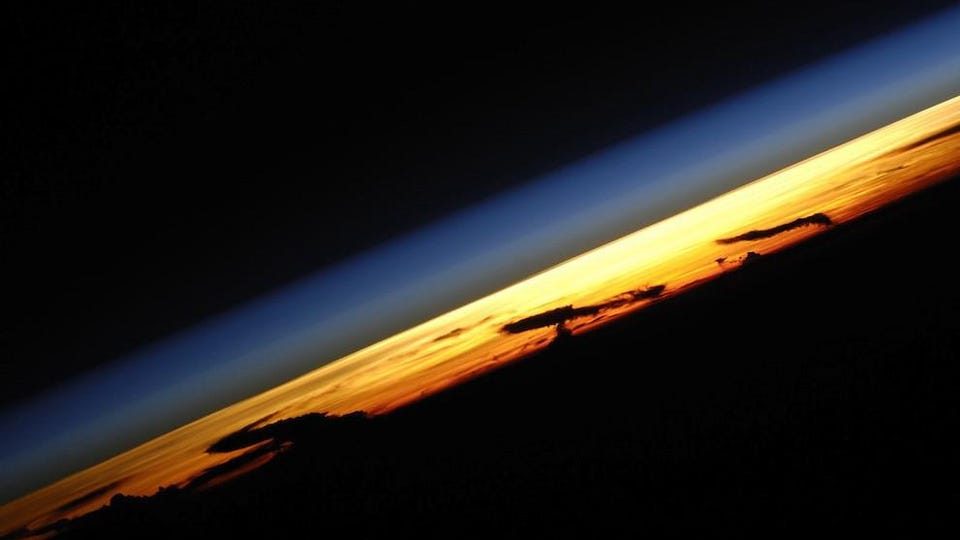“To be ignorant of causes is to be frustrated in action.” So wrote Francis Bacon, counsel to Queen Elizabeth I of England and key architect of the scientific method. In […]
Search Results
You searched for: quantum
Only the best physical theories outlast the minds that invented them. Throughout the 20th century, a number of discoveries revolutionized our Universe. The discovery of the interior structure of atoms as […]
As time goes on, dark energy makes distant galaxies recede from us ever faster in our expanding Universe. But nothing truly disappears.
Our Universe requires dark matter in order to make sense of things, astrophysically. Could massive photons do the trick?
Asking science to determine what happened before time began is like asking, “Who were you before you were born?”
Signals from across the universe point toward a fascinating possibility.
Do we still remember what we learned in the 1940s?
If you can model anything in the Universe with an equation, mathematics is how you get the solution(s). Physics must go a step further.
Dive into China’s profound intellectual legacy through five seminal texts that have shaped millennia of thought.
From health to leadership abilities, a good sense of humor can help improve many aspects of life.
The Big Theoretical Physics Problem At The Center Of The ‘Muon g-2’ Puzzle In early April, 2021, the experimental physics community announced an enormous victory: they had measured the muon’s magnetic […]
IceCube just found an active galaxy in the nearby Universe, 47 million light-years away, through its neutrino emissions: a cosmic first.
In the 20th century, many options abounded as to our cosmic origins. Today, only the Big Bang survives, thanks to this critical evidence.
The most common element in the Universe, vital for forming new stars, is hydrogen. But there’s a finite amount of it; what if we run out?
The first elements in the Universe formed just minutes after the Big Bang, but it took hundreds of thousands of years before atoms formed.
Yes, the Universe is expanding, but if you’ve ever wondered, “How fast is it expanding,” the answer isn’t in terms of a speed at all.
There are so many problems, all across planet Earth, that harm and threaten humanity. Why invest in researching the Universe?
Lasers, mirrors, and computational advances can all work together to push ground-based astronomy past the limits of our atmosphere.
The “scientific Buddha” and the idea of Buddhist exceptionalism with regard to science are modern creations.
Dark matter’s hallmark is that it gravitates, but shows no sign of interacting under any other force. Does that mean we’ll never detect it?
When you don’t have enough clues to bring your detective story to a close, you should expect that your educated guesses will all be wrong.
Even if a leading theory of consciousness is wrong, it can still be useful to science.
Our thermodynamic arrow of time explains why the entropy of any isolated system always increases. But it can’t explain what we perceive.
Gravitational waves carry enormous amounts of energy, but spread out quickly once they leave the source. Could they ever create black holes?
Neuroscientist Christof Koch on human minds, AI, and bacteria.
A next-generation LHC++ could cost $100 billion. Here’s why such a machine could end up being a massive waste of money.
Everything else in the universe is either a particle or field. Dark energy behaves as neither, and it may be a property inherent to space itself.
CERN’s Large Hadron Collider is the most powerful particle accelerator ever. To go even further, we’ll have to overcome something big.
Figuring out the answer involved a prism, a pail of water, and a 50 year effort by the most famous father-son astronomer duo ever.
